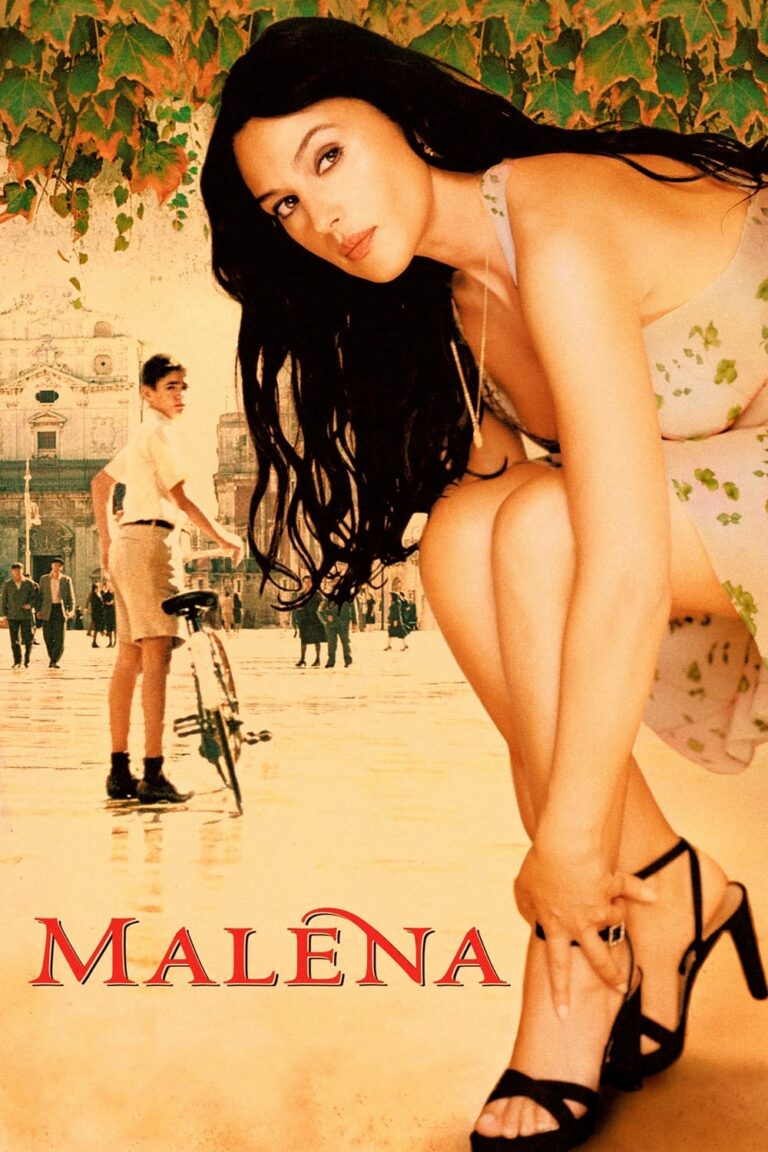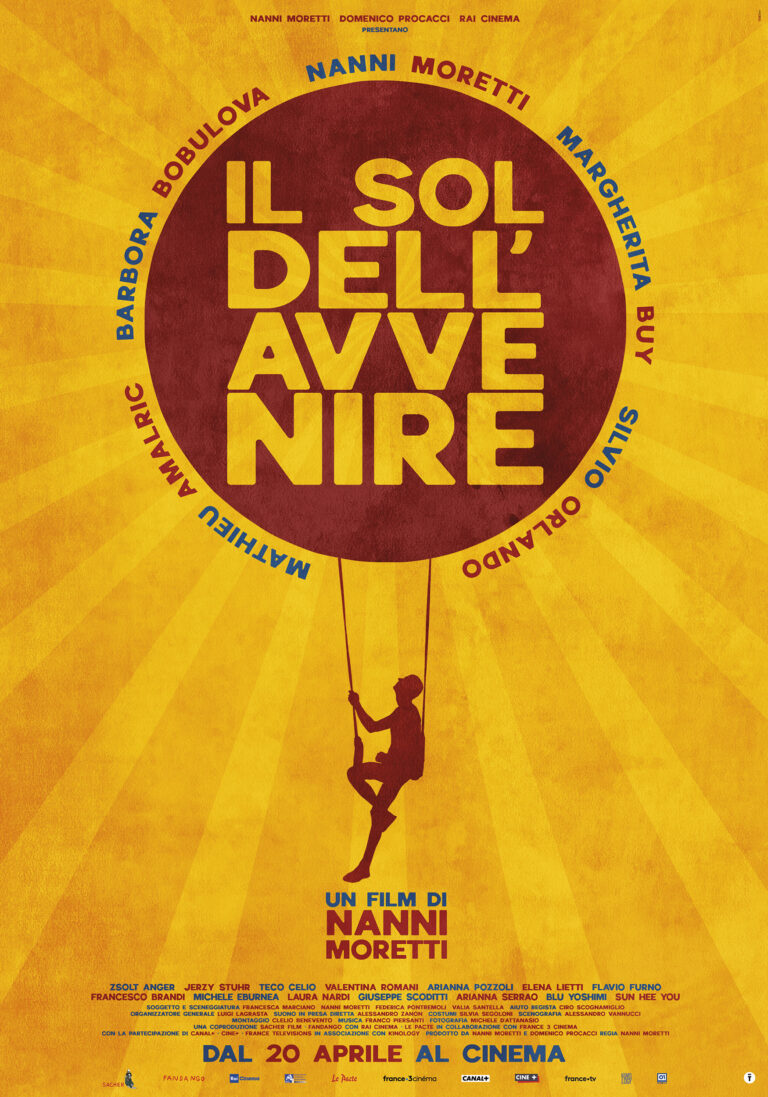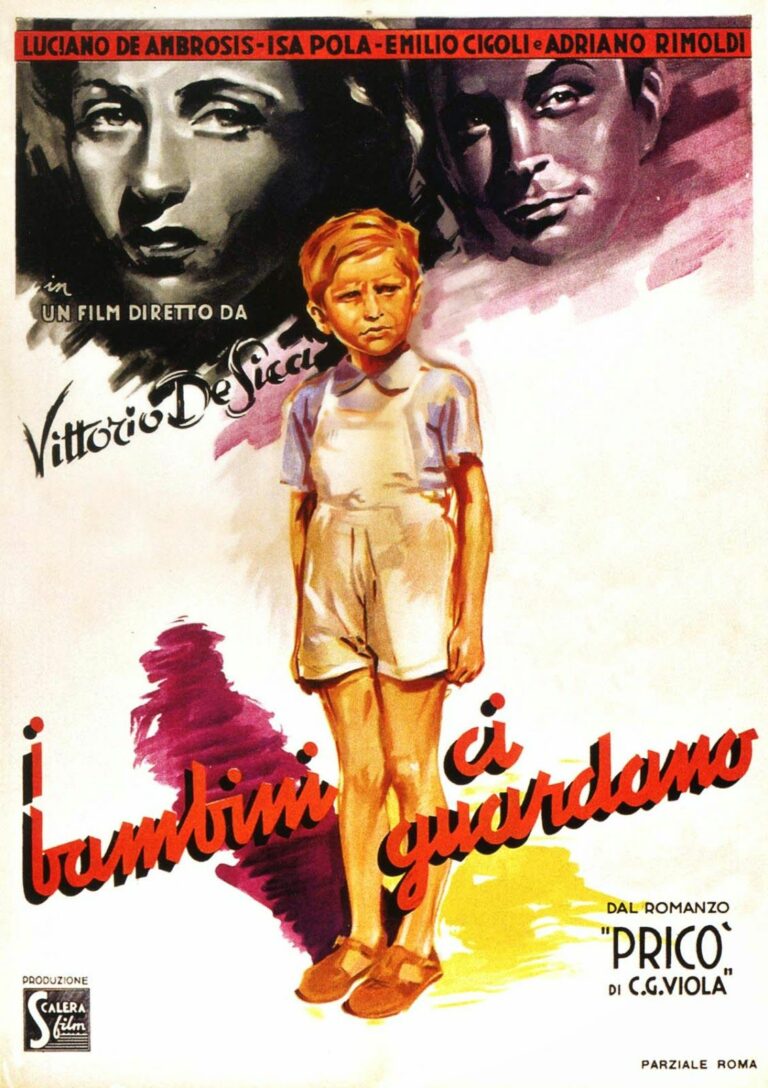
Honey (Miele), a 2013 Italian drama film directed by Valeria Golino, is a poignant and thought-provoking exploration of life, death, and personal choice. The film marks Golino’s directorial debut and features a stunning performance by Jasmine Trinca in the titular role. Based on Mauro Covacich’s novel A Nome Tuo (In Your Name), Honey takes viewers on an emotional journey into the ethical complexities surrounding euthanasia and the profound relationships that shape our lives.
This article delves into the intricacies of Honey, examining its themes, plot, characters, and the cultural impact it has left on audiences and critics alike.
Table of Contents
- Introduction to Honey (Miele)
- Plot Overview
- Thematic Exploration
- The Ethics of Assisted Suicide
- Isolation and Connection
- The Search for Meaning
- Key Characters and Performances
- Valeria Golino’s Vision as a Director
- Cinematography and Sound Design
- Public and Critical Reception
- Cultural and Ethical Implications
- Symbolism in the Film
- Frequently Asked Questions
1. Introduction to Honey (Miele)
Honey premiered at the Cannes Film Festival in 2013 in the Un Certain Regard section and received critical acclaim for its nuanced storytelling and compelling performances. The film tackles the sensitive subject of euthanasia through the eyes of its protagonist, Irene, who operates under the alias “Miele” (Honey in English).
With its subtle narrative and emotional depth, the movie became a cornerstone for discussions on the right to die and personal autonomy, all while showcasing Golino’s talent as a filmmaker.
2. Plot Overview
Irene (Jasmine Trinca) is a young woman who works in the morally ambiguous realm of assisted suicide. Operating in secret, she provides terminally ill patients with the means to end their lives with dignity. Her work is deeply personal and compassionate, driven by her desire to alleviate the suffering of others.
The plot takes a dramatic turn when Irene meets Carlo (Carlo Cecchi), an elderly man who claims to be in perfect health but seeks her assistance in ending his life. This unusual request forces Irene to confront her own beliefs, challenging her understanding of suffering, agency, and the ethical limits of her work.
Their interactions form the emotional core of the film, as Irene’s perspective shifts and her moral certainties are shaken. Through Carlo’s enigmatic personality and Irene’s evolving inner conflict, Honey weaves a story that is as much about self-discovery as it is about death.
3. Thematic Exploration
The Ethics of Assisted Suicide
At the heart of Honey is the complex moral terrain of euthanasia. The film refrains from taking a definitive stance, instead presenting multiple viewpoints that challenge the audience to reflect on their own beliefs about autonomy, suffering, and compassion.
Isolation and Connection
Irene’s dual life is a study in isolation—she is emotionally distanced from her family and struggles to maintain meaningful relationships. Her connection with Carlo, however, forces her to confront her own vulnerabilities and the need for genuine human connection.
The Search for Meaning
The film also delves into existential themes, questioning what gives life value and how we define a life worth living. Carlo’s philosophical outlook serves as a counterpoint to Irene’s practical approach, sparking profound dialogue about life’s purpose.
4. Key Characters and Performances
Jasmine Trinca as Irene (Miele)
Trinca delivers a powerful and layered performance, portraying Irene as both a compassionate professional and a deeply flawed individual. Her portrayal captures the emotional toll of her work and the fragility beneath her steely exterior.
Carlo Cecchi as Carlo
Cecchi brings depth and gravitas to the role of Carlo, whose presence is both unsettling and enlightening. His nuanced performance adds a philosophical dimension to the film, challenging Irene—and the audience—to reconsider their assumptions about death and choice.
5. Valeria Golino’s Vision as a Director
As her directorial debut, Honey showcases Valeria Golino’s deft hand at crafting intimate and thought-provoking cinema. Golino’s direction is understated yet impactful, allowing the story and characters to unfold naturally. Her empathetic lens captures the delicate balance between the clinical and emotional aspects of assisted suicide, creating a narrative that is both raw and respectful.
6. Cinematography and Sound Design
The film’s cinematography, led by Gergely Pohárnok, is strikingly intimate, emphasizing close-ups and muted color palettes to reflect Irene’s internal struggles. The use of natural light and unadorned settings adds an air of authenticity.
The sound design is equally evocative, with a subdued score that enhances the film’s introspective tone. Silence plays a key role, allowing moments of reflection to resonate deeply with the audience.
7. Public and Critical Reception
Upon its release, Honey received widespread critical acclaim for its handling of a controversial subject. Critics praised Golino’s sensitive approach, Trinca’s performance, and the film’s refusal to offer easy answers.
The film was nominated for several awards and won the Nastro d’Argento (Silver Ribbon) for Best Actress, cementing Trinca’s status as one of Italy’s finest actors.
8. Cultural and Ethical Implications
Honey sparked discussions on euthanasia in Italy, a country with strong religious and cultural opposition to assisted dying. The film’s nuanced portrayal of the subject encouraged audiences to consider the ethical and personal dimensions of the debate, highlighting the need for empathy and understanding in addressing end-of-life issues.
9. Symbolism in the Film
The name “Miele” itself symbolizes sweetness and solace, reflecting Irene’s role in bringing peace to those suffering. The film also uses water imagery to signify cleansing and transformation, paralleling Irene’s personal journey as she grapples with her own values.
10. Frequently Asked Questions
What is Honey (Miele) about?
Honey follows Irene, a young woman who assists terminally ill patients in ending their lives, as she confronts moral and philosophical challenges brought on by a new client, Carlo.
Who directed Honey?
The film was directed by Valeria Golino, marking her debut as a filmmaker.
What themes does the film explore?
The film delves into euthanasia, personal autonomy, isolation, human connection, and the search for meaning in life.
Is the film based on a true story?
Honey is based on Mauro Covacich’s novel A Nome Tuo, which itself draws inspiration from real-life cases and ethical debates surrounding assisted suicide.
What awards did Honey win?
The film earned critical acclaim and won the Nastro d’Argento for Best Actress, among other accolades.
Where can I watch Honey?
Honey is available on select streaming platforms and DVD/Blu-ray, depending on your region.
Conclusion
Honey (Miele) is a poignant and thought-provoking film that challenges audiences to confront their beliefs about life, death, and personal choice. Through its nuanced storytelling, compelling performances, and sensitive direction, the film offers a profound exploration of the human condition and the ethical dilemmas that define it.
Valeria Golino’s directorial debut is a testament to the power of cinema as a medium for empathy and introspection, making Honey a must-watch for those who seek meaningful and impactful stories.






